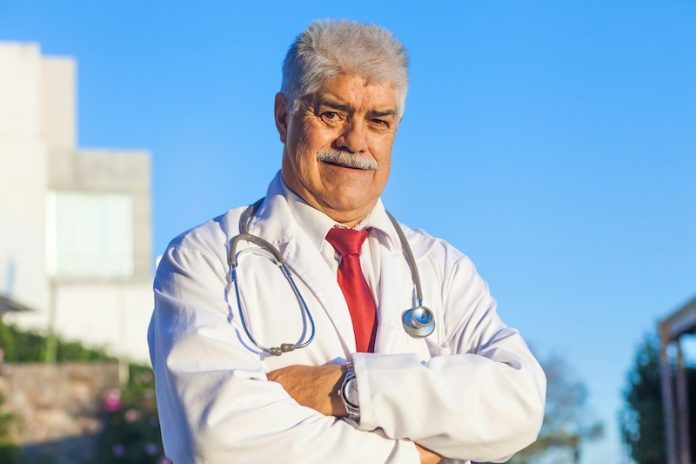
Cancer is a group of diseases where cells in the body grow uncontrollably and spread to other parts of the body. It’s one of the leading causes of death worldwide, but research over the decades has given us a clearer picture of what might cause it.
While there’s no single cause for all cancers, scientists have identified several risk factors that make some people more likely to develop cancer than others. Understanding these causes can help us take steps to reduce our risks.
One of the most well-known causes of cancer is smoking. Tobacco smoke contains thousands of harmful chemicals, many of which are proven to damage DNA and lead to cancer. Smoking is responsible for about 30% of all cancer deaths, including lung, throat, and bladder cancers.
Studies, such as those from the American Cancer Society, have shown that quitting smoking at any age significantly reduces the risk of cancer, even after years of smoking.
Diet and lifestyle choices are also major factors. Eating a lot of processed or red meat, consuming too much alcohol, and not eating enough fruits and vegetables have all been linked to an increased risk of cancers like colorectal and liver cancer.
On the other hand, maintaining a healthy diet rich in plant-based foods can help protect against certain cancers. Obesity, caused by an imbalance between calorie intake and energy use, is another significant risk factor.
Excess body fat increases levels of hormones like estrogen and insulin, which can promote the development of cancers such as breast and endometrial cancer.
Exposure to radiation, both from the sun and artificial sources, is another major cause. Ultraviolet (UV) radiation from sunlight is the leading cause of skin cancer, including the dangerous melanoma type. Wearing sunscreen and protective clothing can significantly lower this risk.
Additionally, medical imaging techniques like X-rays and CT scans use radiation that can increase cancer risk, although these procedures are generally safe when used appropriately.
Some cancers are linked to infections. For example, human papillomavirus (HPV) can cause cervical, anal, and throat cancers, while hepatitis B and C viruses are major contributors to liver cancer.
Vaccinations against HPV and hepatitis B have been proven to reduce these risks significantly, offering a powerful way to prevent certain cancers.
Environmental factors also play a role. People exposed to pollutants like asbestos, arsenic, and certain industrial chemicals are at a higher risk of developing cancers such as mesothelioma and bladder cancer.
These substances can damage DNA and disrupt normal cell function, leading to uncontrolled growth. Governments and organizations have made efforts to regulate these exposures, but individuals working in high-risk industries should take extra precautions.
Genetics can influence cancer risk as well. While only about 5-10% of cancers are directly inherited, certain genetic mutations passed down in families can increase susceptibility.
For example, mutations in the BRCA1 and BRCA2 genes significantly raise the risk of breast and ovarian cancers. Genetic testing can help people with a family history of cancer identify their risk and take preventive measures.
Finally, age is a natural risk factor. As we age, our cells accumulate more DNA damage, and our bodies become less efficient at repairing this damage. This is why cancer is more common in older adults. However, making healthy lifestyle choices can reduce cancer risk even as we get older.
While cancer is a complex disease with many causes, understanding the key risk factors can empower us to make choices that reduce our likelihood of developing it.
Quitting smoking, eating a balanced diet, staying active, protecting ourselves from harmful radiation, getting vaccinated, and being aware of environmental and genetic risks are all steps we can take to protect our health.
By staying informed and proactive, we can lower our cancer risks and live healthier lives.
If you care about cancer, please read studies that low-carb diet could increase overall cancer risk, and new way to increase the longevity of cancer survivors.
For more information about cancer, please see recent studies about how to fight cancer with these anti-cancer superfoods, and results showing daily vitamin D3 supplementation may reduce cancer death risk.
Copyright © 2024 Knowridge Science Report. All rights reserved.



